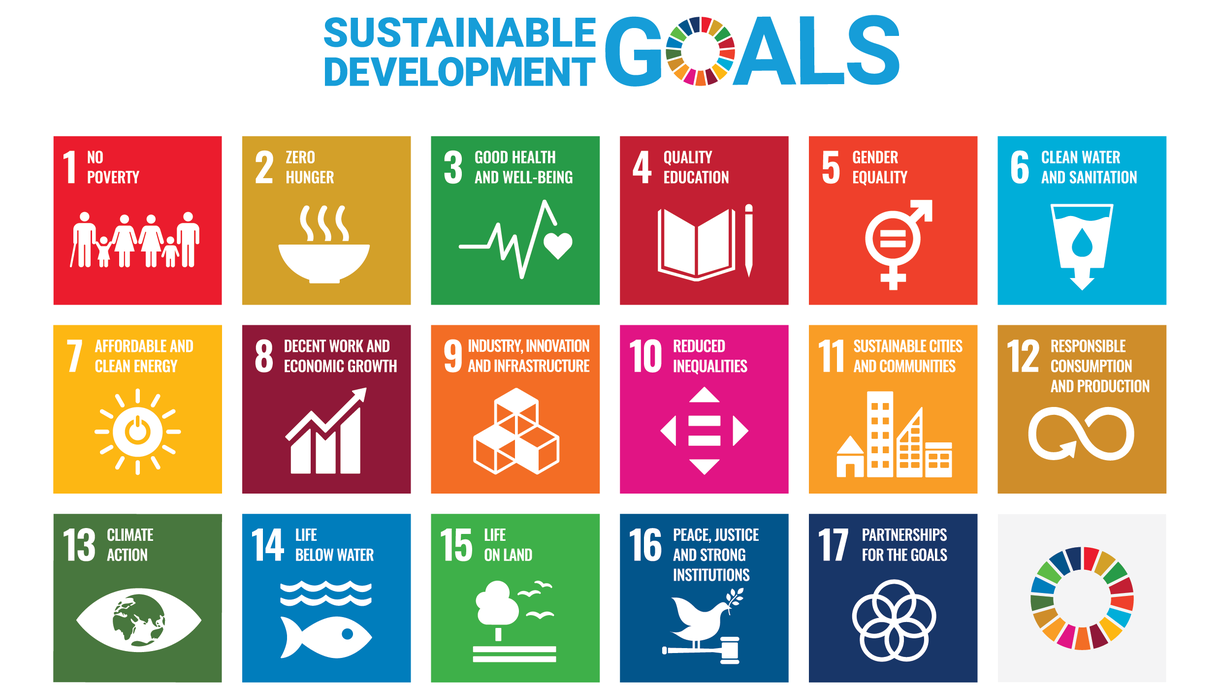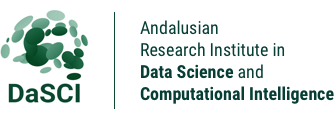Artificial Intelligence and Digital Technologies for the SDGs
14 December, 2021
Montes, R., Melero, F.J., Palomares, I., Alonso, S., Chiachío, J., Chiachío, M., Molina, D., Martínez-Cámara, E., Tabik, S., Herrera, F.
AI and digital technologies are fundamental tools to advance on the path ahead in this decade, with an ineluctable moral and ethical responsibility towards today’s world. It is a great opportunity, and an enormous challenge, to progress towards achieving the 17 Sustainable Development Goals.
Publisher
Spain’s Royal Academy of Engineering
January 2021
ISBN 978-84-95662-81-1
Pages: 532
The DaSCI Research Institute, has examined in this book the 17 Sustainable Development Goals (SDGs) by reviewing more than a thousand references, with a view of understanding how engineering and the technology solutions –strongly anchored in Artificial Intelligence (AI)– can help attain the goals.
The UN established the 17 Sustainable Development Goals (SDGs) to protect the planet and ensure prosperity for all. The goals signal a paradigm shift in the way companies and governments design new business models and public policies based on sustainability. Governments, the private sector and civil society all have an important role to play in this regard.

The book, entitled “Inteligencia Artificial y Tecnologías Digitales para los ODS” (Artificial Intelligence and Digital Technologies for the SDGs), by Rosana Montes and co-authors, published by Real Academia de Ingeniería, is organized into three parts: an introduction to artificial intelligence and digital technologies, an analysis of their application in achieving the SDGs, and a set of recommendations on actions that may lead to the execution of projects and contribute to the attainment of the associated targets. In this connection, specialist scientific literature was reviewed, including more than a thousand bibliographic references on the 169 targets that are proposed in order to achieve the SDGs.
This book is an important contribution to ascertaining the analytical capacity of engineering under the umbrella of artificial intelligence and digitalization in the service of the SDGs, and to advancing in overcoming the challenges facing the global economy and society in the 21st century. It is also helpful for understanding the three dimensions of sustainability: 1) the economic dimension (including economic and technological development and life), 2) the social dimension (including social development and equality) and 3) the environmental dimension (including resources and environment).
The book concludes with a brief discussion revolving around five key lessons learned:
- Data is the common foundation on which AI and digital technologies are built. Unified, accessible open data are needed to implement projects that will lead to progress in many of the challenges. Governments and businesses must converge towards this goal, generating and sharing data to enable projects to be undertaken and solutions to be designed to address the SDG targets.
- There is an urgent need to strengthen the links between science and engineering, industry and governments by engaging in dialogue and expanding avenues for quality data.
- The SDGs set global targets, but not all the world’s countries and regions are currently in the same position in the race to reach these targets. It is therefore clear that the application of AI and digital technologies must be tailored to each country’s situation, and carried out in connection with the SDGs that are most urgent.
- Digital technologies are advancing by leaps and bounds, and this also means that it is important to look for alternative ways of measuring the fulfilment of the SDGs that are adapted to this accelerated pace of progress and the emergence of new digital paradigms.
- We must look at the current global situation created by the COVID-19 pandemic, which has indisputably had a profound impact on all dimensions of the SDGs, far beyond the strict realm of healthcare.
EThe study can be consulted and downloaded through the following link:
http://www.raing.es/es/publicaciones/libros/inteligencia-artificial-y-tecnolog-digitales-para-los-ods





